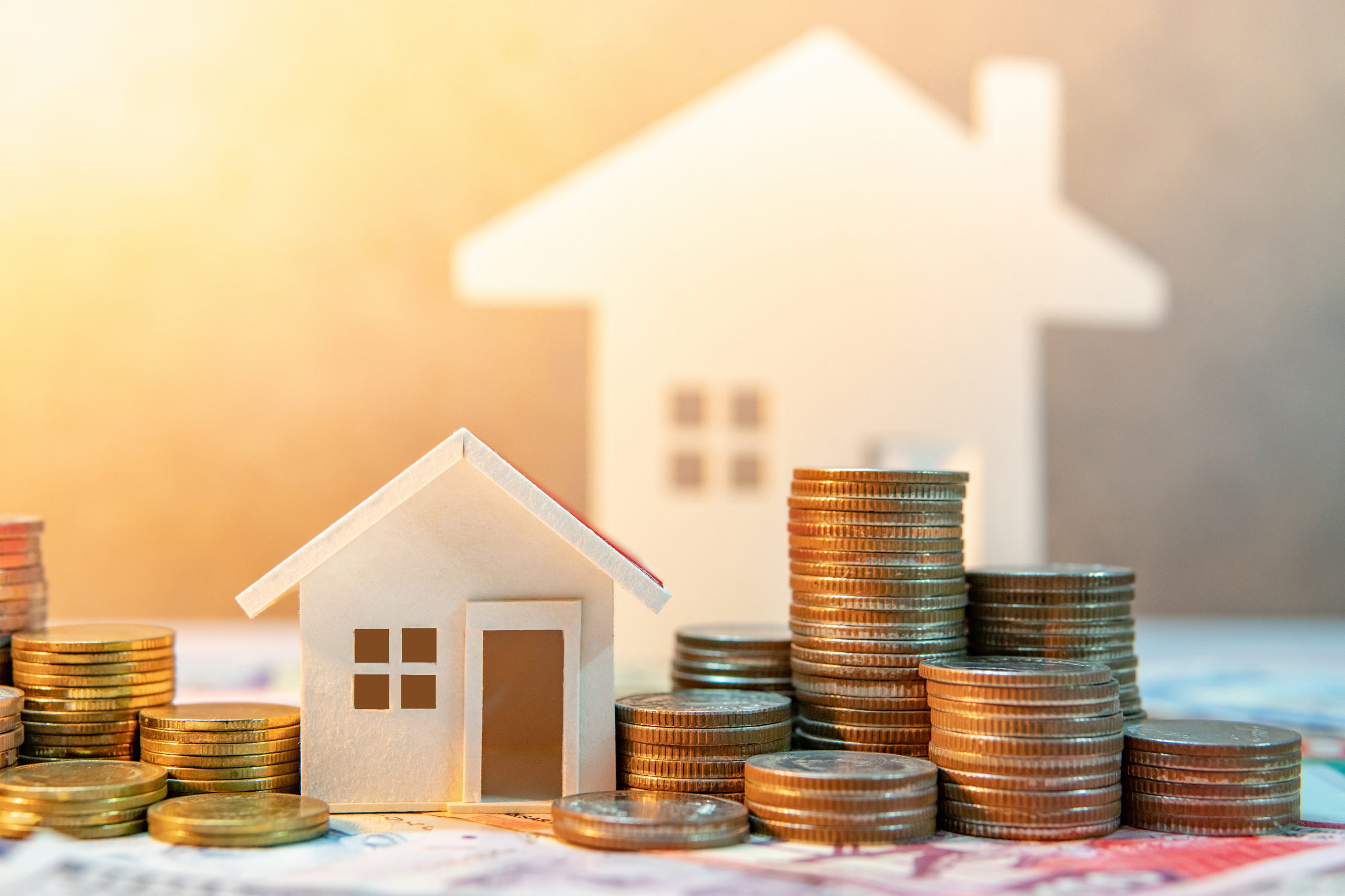
Speculating on the value of residential property is something of a national pastime. Whether the market is up, down or sideways, we love to evaluate the value of our home because it’s such a significant part of our personal wealth.
Owners of apartments and homes will often jump to conclusions based on what a neighbor sold for in the same block or down the street.
But there are three basic options that will give you a more accurate result.
You can commission a professional valuation, which will be a sober assessment of your property’s worth based on its position, land, size, condition and recent sales of similar homes.
You’ll likely think the valuer underestimated.
A second course is to ask a real estate agent to make an appraisal. They’ll apply benchmarks similar to those used by the valuer but based on their knowledge of the local market over the past three months. They’ll tell you what they think they can sell it for, which is a critical difference in approach to the valuer’s.
The third alternative is to go DIY. Below, I’ve outlined how to take your assessment up a notch by comparing one or two recent sales achieved by your neighbors.
Going down the DIY path offers you two benefits: you’ll have a better idea of your property’s value as you consider your options, and you’ll also be able to assess an agent’s valuation more accurately when the time comes to sell.
Like for like
When researching, always compare properties similar to yours. When you stray from this discipline and start comparing apples with oranges, you’ll skew your results.
Gauge demand
Buyer demand is the most critical element in assessing value. This covers not just the local area but your specific location and the property’s size, style and condition. Find out the average number of days it takes to sell a property.
Location
You can’t underestimate the influence of a good location on the value of your home. Even if you’re not on a beach or harbor, being close to amenities, schools and transport is a huge tick in the box.
Size and layout
Homes with open-plan living are far more popular with buyers than older-style layouts. So, you must compare your property with those with a similar architectural approach.
Condition
Even with our current market in transition, strong buyer demand exists for homes in pristine condition. The quality of the kitchen and bathroom is important because they’re expensive to renovate. If your home requires renovation, it might take longer to find a buyer (unless it’s a developer’s knockdown dream), and it will probably sell for less. Taking time to upgrade your home may pay off even in the current market.
